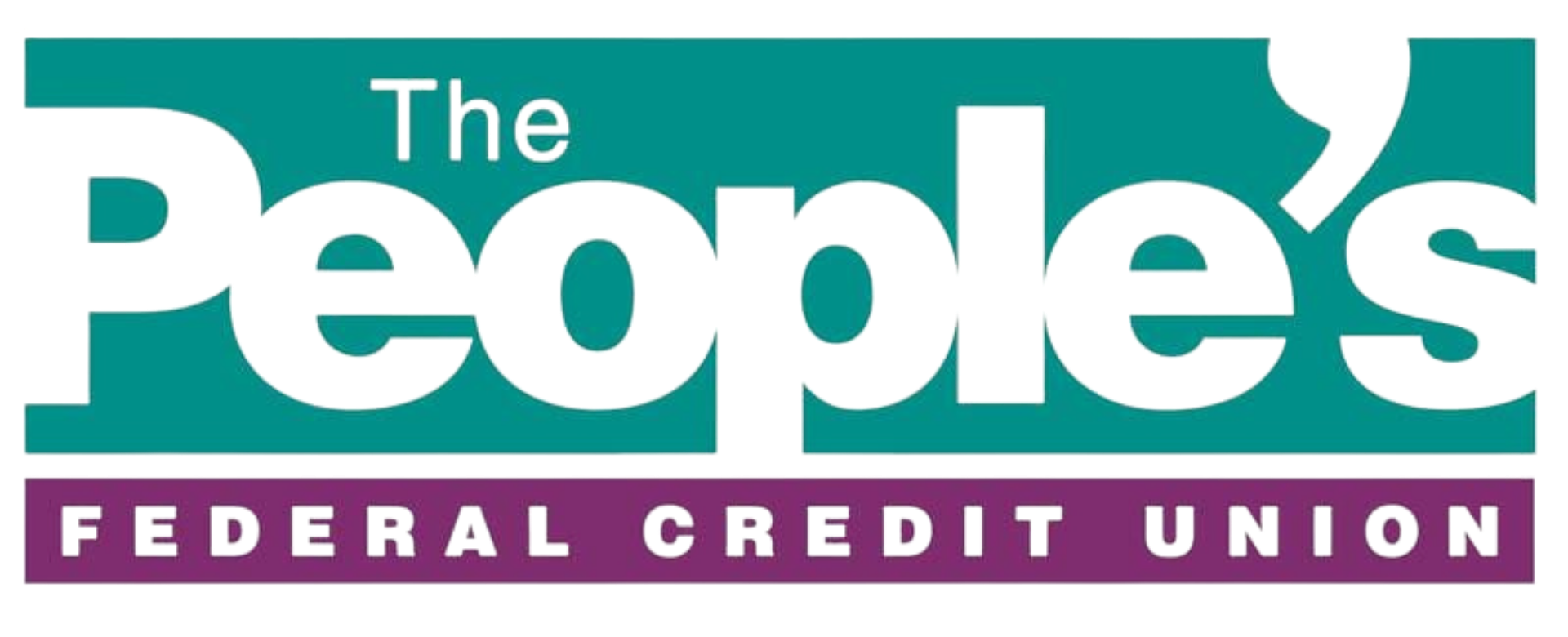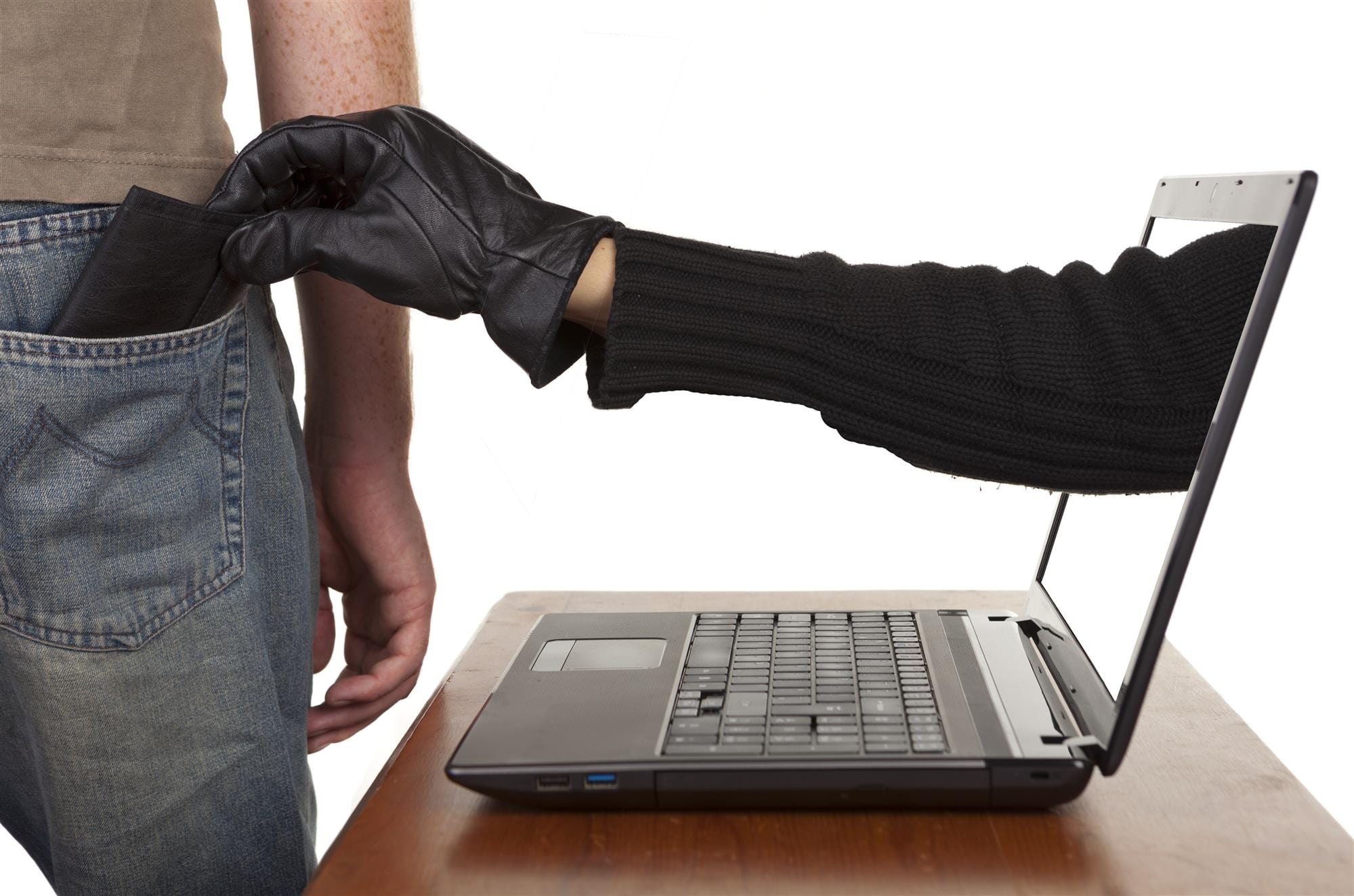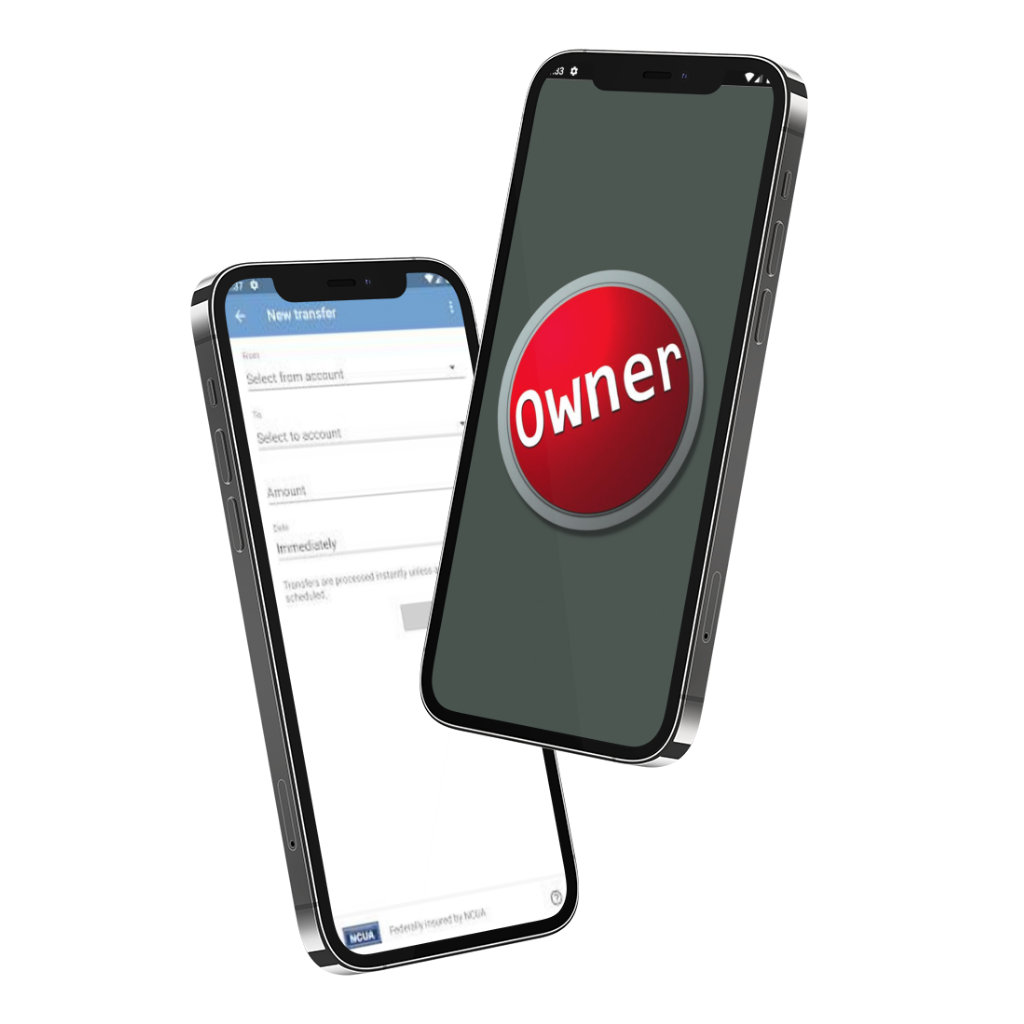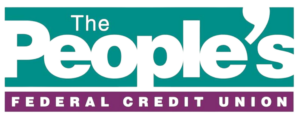People today are not using checks as much, thanks to debit cards, mobile wallets, and online payments. Yet you still need to protect yourself against potential check cashing scams. These scams have not gone away just because people no longer write tons of checks.
According to the 2017 ABA (American Bankers Association) Deposit Account Fraud Survey, fraudulent activities against deposit accounts amounted to $2.2 billion, with $7.7 million in check fraud losses for 2016 from savings and checking accounts.1
How Do Check Cashing Scams Work?
There are many different variations of check cashing scams. However, they are essentially the same: You receive a check and are asked to deposit it into your checking account. Next, you are asked to wire transfer a portion of the amount into another account.
While banks and credit unions have gotten much faster with clearing checks, it can still take a several days before they discover the check is a fake. In the meantime, you have just wire transferred money to another account, which occurs immediately. Once the bank or credit union discovers the fake check, now you are not only out the value of the check but also the amount you wire transferred.
What Are Some of the More Common Check Cashing Scams?
Scammers tend to vary their tactics when taking advantage of people, with variations of the following scams:
- Work-at-Home Jobs: You are offered a job to process payments for a company. You deposit checks into your own account and then wire a portion to the scammer. A variation of this one is where you are sent goods along with a check payment from a supposed customer. You are asked to reship the goods to the customer, cash the check, and wire transfer part of the money back to your new employer.
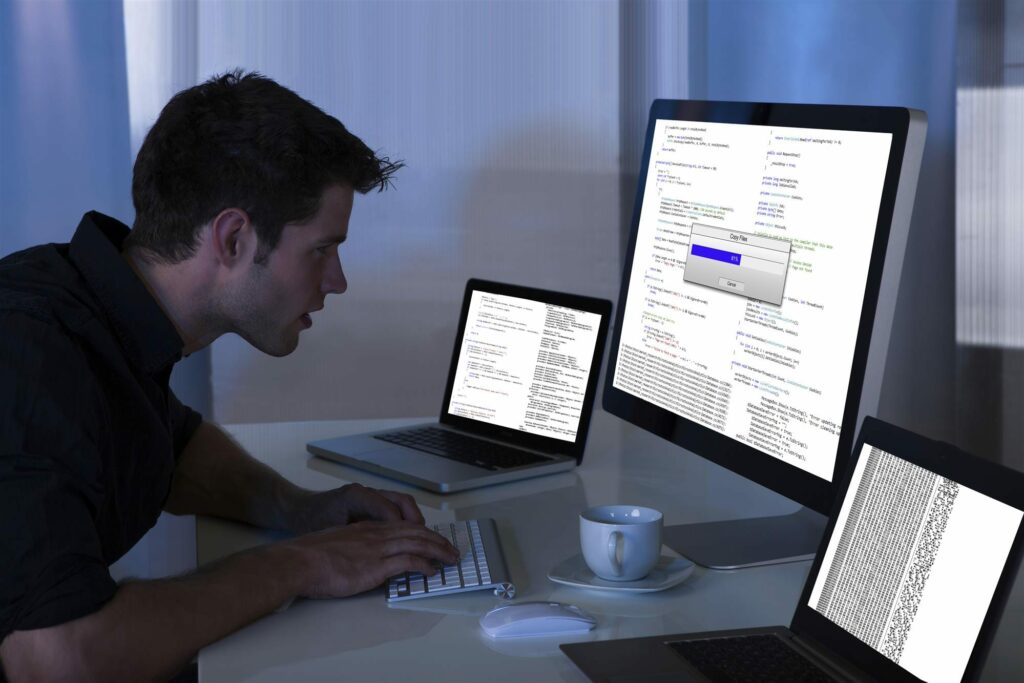
- Overpayments for Items: You sell something on an online auction site or through Craigslist. The buyer insists on mailing you a check for payment. When you receive the payment, it is for more than the purchase price. The buyer then asks you to refund the difference, via PayPal or another wire transfer method, and ship them the item.
- Mystery Shopper Jobs: The scammer will send you an advance payment to cover the costs of buying and then returning goods. You are then asked to wire part of the advance payment back, while keeping the difference as your earnings.
- Sweepstakes and Lottery Winnings: You get a letter or email saying you won a lottery in a foreign country and need to send a personal check to pay taxes to release your winnings. Now the scammer has your checking account information. A variation is where you get a check and are told you owe taxes in a set amount and to wire the payment.
As you can see, there are various check-cashing scams you need to be aware of to protect yourself. The best way, of course, is to not cash checks or send checks to people you do not know.
For more advice and tips on how to avoid check cashing scams, please feel free to stop by your nearest branch of The People’s Federal Credit Union or contact us at 806-359-8571 today!
Source
